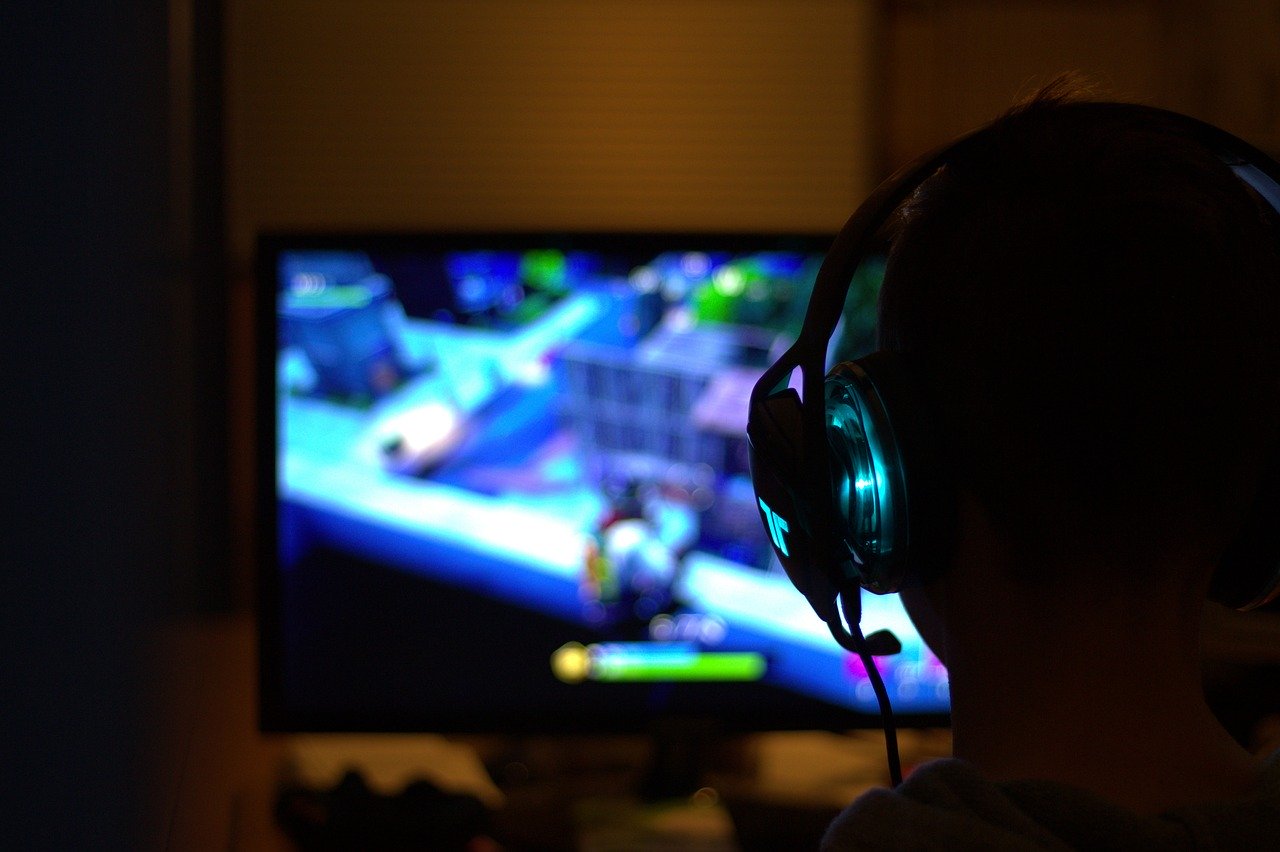
Gaming Disorder – A Real Medical Condition
Addiction to playing video games has been recognized by WHO in 2019, but the industry and many gamers refuse to believe that the games can present such a level of danger. It has been compared to online gambling addiction on casinos and sports with bonus codes such as the Lucky VIP promo code, but people have not taken it seriously in the past. There are millions of people who are addicted to gaming and neglect many other aspects of their life. It is also getting increasingly difficult to diagnose and treat this disorder.
How It Works

Playing video games in general still comes with a bit of stigma, as those who enjoy video games as a hobby are often seen as antisocial or unproductive. However, this is not entirely true.
Several circumstances go into the creation of addiction to gaming. First of all, there is a rewards system that allows players to track their progress and receive virtual trophies and items that are a sign of dedication and skill. Sometimes, these items are seasonal, meaning that they are available only during Christmas, Halloween, or some other special event, which increases the demand for them.
Gaming truly becomes a problem when the sleep schedule, the diet, and the responsibilities all take a backseat to what’s happening on the screen. Those who game for more than 8 hours every day, with little regard for what’s happening around them may be addicted. Diagnosing the disease is a bit tricky though. According to WHO: “For gaming disorder to be diagnosed, the behavior pattern must be of sufficient severity to result in significant impairment in personal, family, social, educational, occupational or other important areas of functioning and would normally have been evident for at least 12 months.” People with this disorder can develop depression and anxiety.
Who Is at Risk?
In 2019, Dr. Susumu Higuchi, the head of the Kurihama Medical and Addiction Centre in Kanagawa Prefecture, Japan, said that, out of 269 patients suffering from internet addiction, 241 have gaming disorder and out of those 215 are males.

Most people encounter problems with gaming disorder when they are taking a gap year or they are in college. The reason behind this, most likely, is a combination of the lack of structure that comes with living with your parents in primary and high school and the lack of ambition and future perspective. Male college students, being between 18 and 24 years of age on average, are the biggest risk group, though others are not immune either.
Video games provide excellent escapism from life’s problems, especially when they use the aforementioned rewards system. Having a game yell you that you are great while you are losing control of other aspects of your life has you reaching out for it again and again. The immediate awards, as unreal as they are, are preferable to long-term investments in your knowledge and future work.
Treatment
It is very hard to treat someone from gaming disorder, as the internet and games are everywhere. Complete abstinence is almost impossible in the modern world. However, some progress can be made with counseling and denying access to video games, whether they be console, computer, or mobile games.
